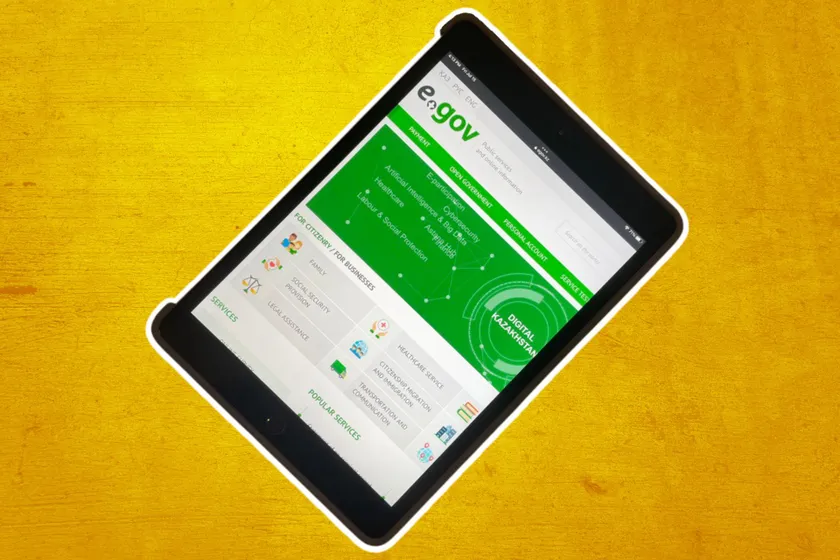On July 15, President Tokayev signed a law on the development of digitalization in Kazakhstan, QazMonitor reports citing Tengrinews.kz and the ministry's press service. The Ministry of Digital Development explained what changes people can expect from the new policy.
The agency said that digital transformation would reduce costs for citizens and businesses, especially when receiving state services. The law also involves lowering the cost of maintaining the state apparatus.
"The law proposed to introduce a single architecture of" e-government "(instead of the architecture of government agencies and akimats), which will provide a unified platform for the digitalization of public administration," the ministry reported.
In addition, the law introduces a ban on demanding data from citizens and businesses which are already available in information systems.
"This will eliminate the requirement to present paper copies of documents, which saves time and money for copying," the press release stated.
The law establishes the equivalence of electronic documents to their paper counterparts.
"The scope of the service of digital documents eGov mobile has been expanded. Every citizen can download eGov mobile on their smartphone. It will eliminate the need to carry around paper documents," the ministry explained
The ministry also stressed the procedure for issuing certificates of state registration of civil status has changed.
"Now, after the state registration of birth, marriage, divorce, and death certificates, the documents will processed in a citizen's personal Egov account. At the same time, the right to receive paper versions of certificates will remain in the case of an application," also says the report.
To sum up, the law signed by the President will:
reduce various costs for citizens and businesses in obtaining public services
reduce the digital divide between residents of villages and cities
reduce the cost of maintaining the state apparatus
increase the efficiency of management decisions, strengthen information security;
to reduce duplicative functions of government agencies.










